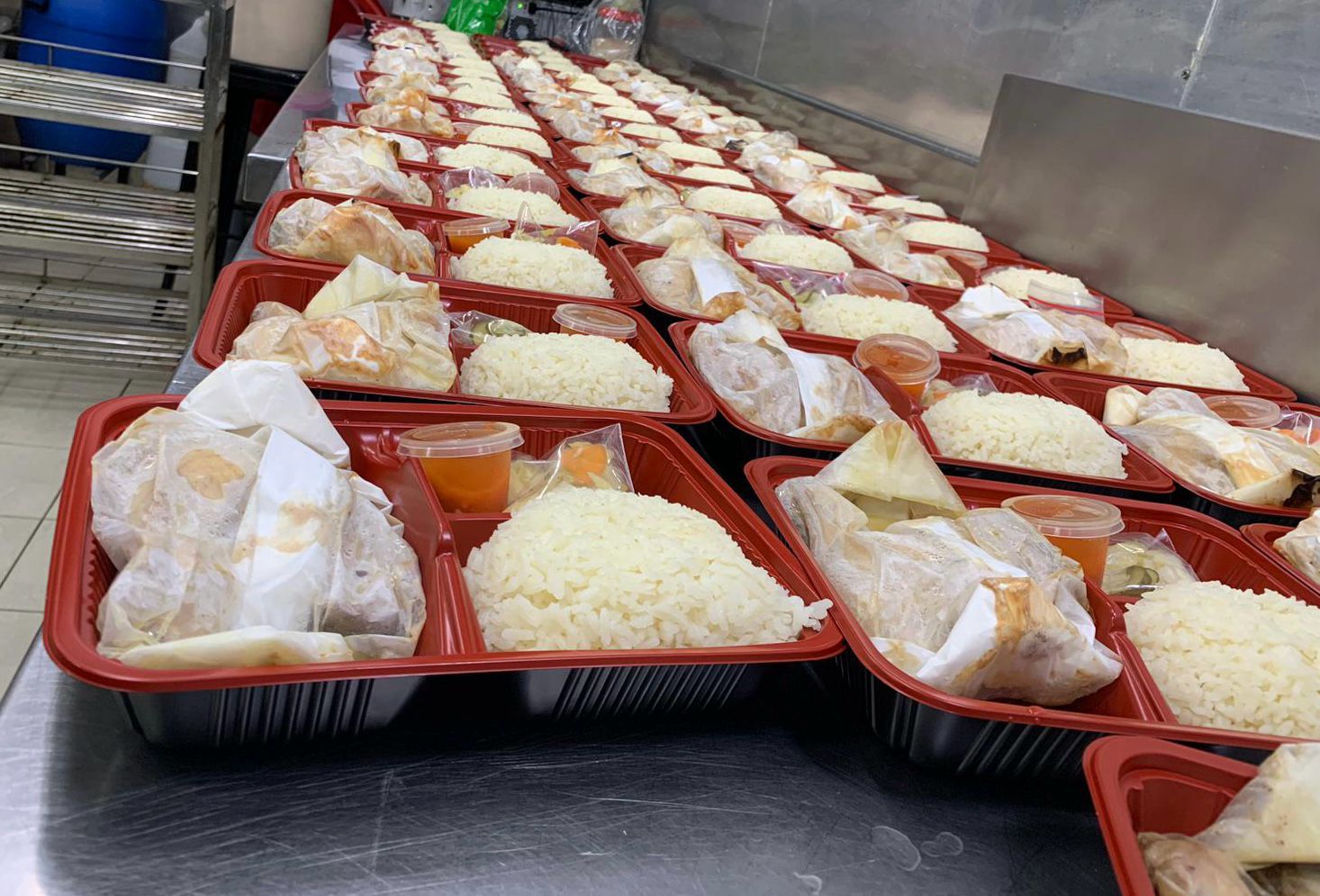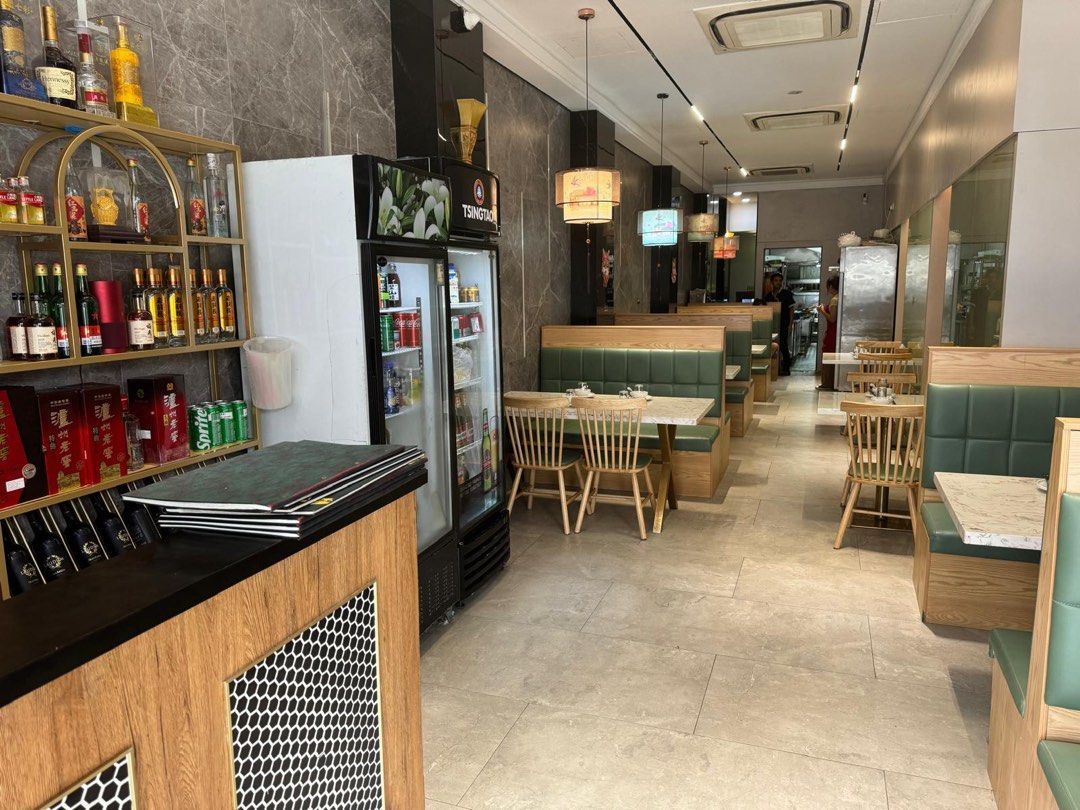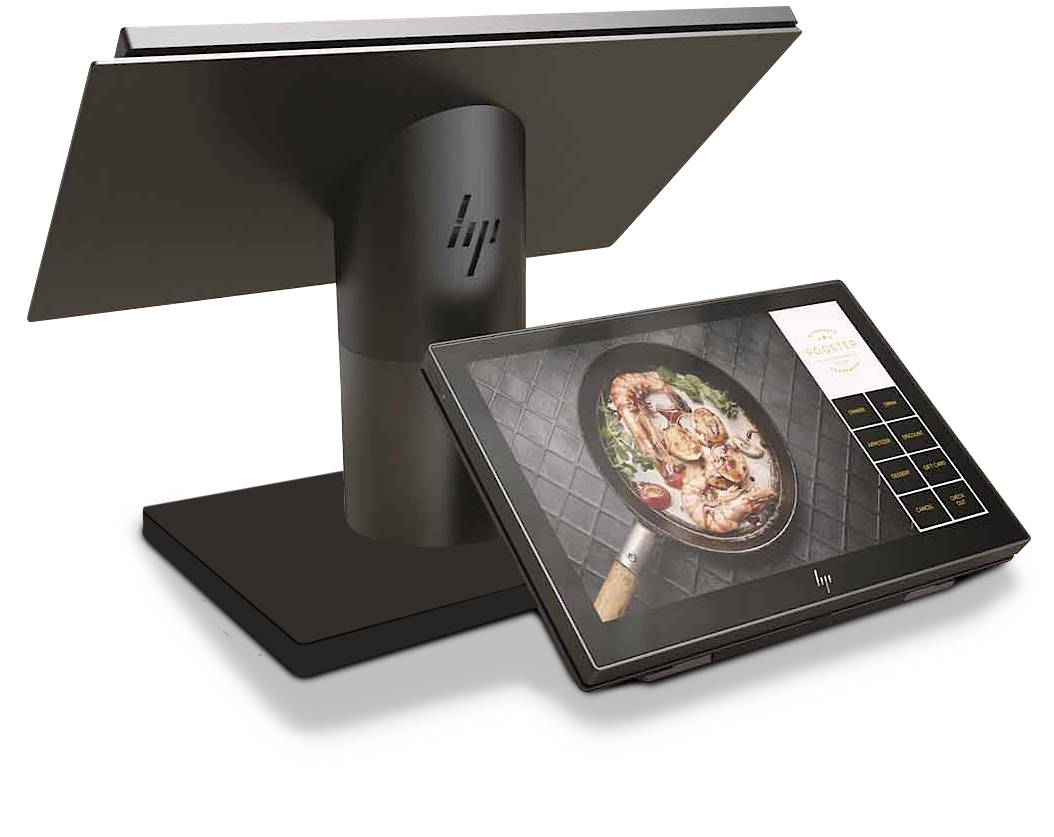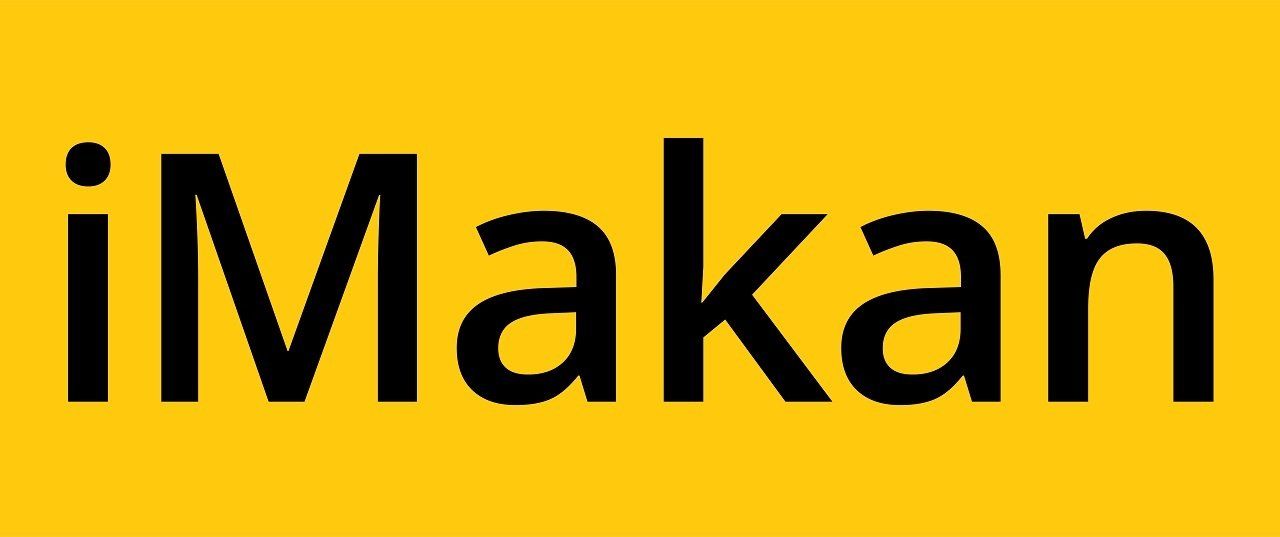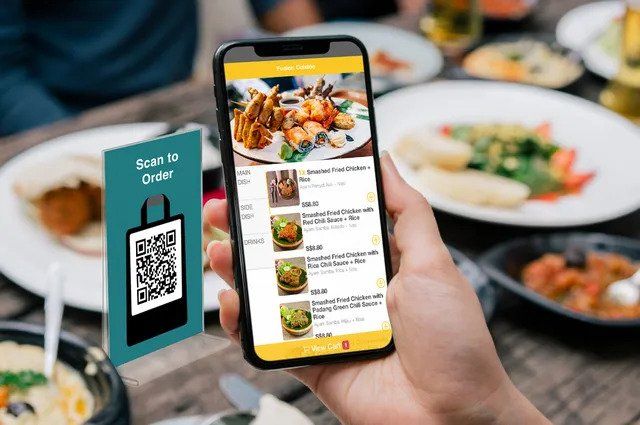Your team is the backbone of your success. From the bustling kitchens to the welcoming front-of-house staff, your employees are the ones who bring your culinary vision to life. To ensure your F&B business thrives, it's essential to invest in staff training and development. This article explores the art of staff training, helping you build a skilled and motivated team that elevates your F&B establishment to new heights.
The Foundation of Success: Skilled Staff
1. Crafting Culinary Excellence
Your kitchen staff forms the heart of your restaurant or cafe. To deliver exceptional dishes consistently, invest in culinary training. Encourage your chefs to attend workshops, experiment with new ingredients, and master various cooking techniques and come up with new dishes for the menu periodically to keep customers interested as well. This commitment to culinary excellence will set your F&B business apart.
2. Service with a Smile
Exceptional customer service is non-negotiable in the F&B industry. Your front-of-house staff should undergo rigorous service training, focusing on communication skills, attentiveness, and conflict resolution. A well-trained team can turn a one-time visitor into a loyal customer.
3. Mastery of Technology
In the digital age, technology plays a vital role in F&B operations. Training your staff to use self-ordering kiosks and QR ordering systems efficiently can streamline service, reduce errors, and enhance the customer experience. Embrace technology as a tool for efficiency and convenience.
The Heart of Your Business: Motivated Team Members
1. Empowerment through Knowledge
Knowledge is empowering. Encourage your team to expand their understanding of the F&B industry. Provide opportunities for ongoing education, whether through workshops, seminars, or online courses. When your employees feel knowledgeable and confident, they perform better.
2. Recognition and Rewards
Recognize and reward outstanding performance. Implement a system that acknowledges hard work and dedication. From Employee of the Month awards to performance-based incentives, these initiatives motivate your team to consistently excel.
3. Clear Career Paths
A motivated team is one that sees a future within your F&B business. Create clear career development paths for your employees. Offer opportunities for advancement, additional responsibilities, and leadership roles. When staff members have a reason to grow with your business, they stay committed.
To ensure your F&B business thrives, incorporate these essential training and motivation strategies. By crafting a skilled and motivated team, you set the stage for culinary excellence and exceptional customer service. Customers will return not only for the delicious food but also for the welcoming smiles and seamless service they experience.
Remember, the success of your F&B business starts with the dedication and passion of your team. Invest in their growth, empower them with knowledge, and reward their hard work. As you build a skilled and motivated team, your restaurant, cafe, or F&B establishment will flourish in today's competitive market.
If you are looking for a F&B pos system, self ordering kiosks or QR ordering? Click here to get in touch with and find out more!

